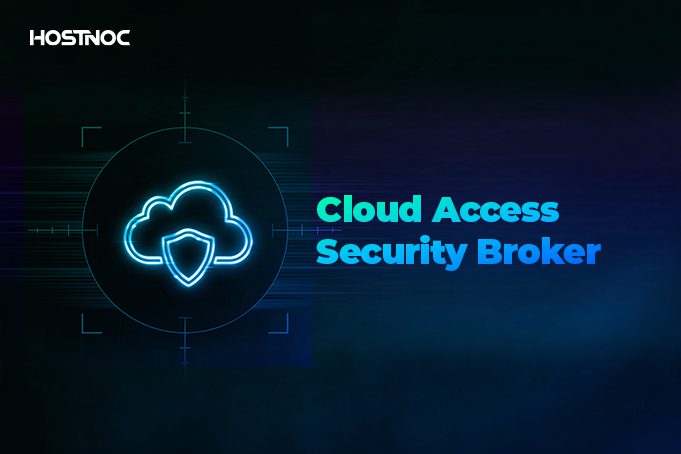Blogs
Home / Blog


According to cloud cost management statistics, small and medium size enterprises spent an estimated 47% of their technology budgets on cloud services in 2022. This translates into a 67% increase from 2021 to 2022. Moreover, it is predicted that cloud investments will almost make up more than 50% of their IT budget in 2023.
In another survey conducted by Pepperdata, 64% of respondents said that cost management and containment is the biggest concern when managing the cloud. Despite the advantages offered by cloud, the rising cloud costs are a daunting challenge for businesses.
If you are struggling to control the cloud costs and looking for ways to manage your cloud costs more efficiently then this article is for you. In this article, you will learn everything you need to know about cloud cost management.
Read more: Top 10 Cloud Security Challenges, According To SUSE Survey
Here is everything you need to know about cloud cost management
Cloud cost management is the process of monitoring, controlling, and optimizing the costs associated with using cloud services. With the increasing adoption of cloud computing, it has become essential for businesses to have a solid understanding of their cloud costs in order to prevent overspending and ensure that resources are being used efficiently.
One of the main advantages of cloud cost management is the ability to control and predict costs. With cloud cost management tools, businesses can track and forecast costs associated with different services, such as storage, compute and networking. This allows them to make informed decisions about which services to use and how much to allocate for them.
Another advantage is the ability to optimize resources. Cloud cost management strategies such as right-sizing resources, using reserved instances, and using spot instances, can help businesses reduce costs associated with underutilized resources. Automation can also be used to scale resources up and down as needed, ensuring that resources are always available when they are needed.
Read more: Cloud Access Security Broker: Everything You Need To Know
Cloud cost management is important because it helps businesses ensure that they are getting the most out of their cloud resources. Without proper cost management, businesses may end up overspending on cloud services or using more resources than they actually need. This can lead to unnecessary costs and inefficiencies.
In order to effectively manage cloud costs, businesses can use a variety of strategies. One of the most important is cost monitoring, which can be done through the use of cloud cost management tools. These tools can provide detailed information on costs associated with different services, as well as alerts and notifications when costs reach a certain threshold.
Another important strategy is cost optimization, which includes things such as right-sizing resources, using reserved instances, and using spot instances. These strategies can help businesses reduce costs associated with underutilized resources and ensure that resources are being used efficiently.
Automation is also a key strategy in cloud cost management, allowing businesses to scale resources up and down as needed. This can help reduce costs associated with underutilized resources and ensure that resources are always available when they are needed.
In addition to these strategies, businesses can also use cost allocation methods to ensure that costs are being allocated to the appropriate teams or projects. This can be done through the use of tags, which can be applied to resources to indicate which team or project they are associated with.
Read more: Fast Dedicated Server
Here are some of the cloud cost management best practices you can follow to keep your cloud bills under control.
There are many cloud cost management tools available, but here are the top five that are widely used by businesses:
It’s worth noting that the best tool for your organization depends on the cloud provider you use, the size of your organization, and your specific needs.
Cloud cost management is an essential aspect of using cloud services. It can help businesses control and predict costs, optimize resources, and ensure that they are getting the most value out of their cloud resources. By implementing cost monitoring, cost optimization strategies, automation and cost allocation methods, businesses can effectively manage their cloud costs and make informed decisions about which services to use and how much to allocate for them.
Did this guide help you in understanding everything you need to know about cloud cost management? Share it with us in the comments section below.
Enter your email to receive the latest news, updates and offers from HostNoc.
